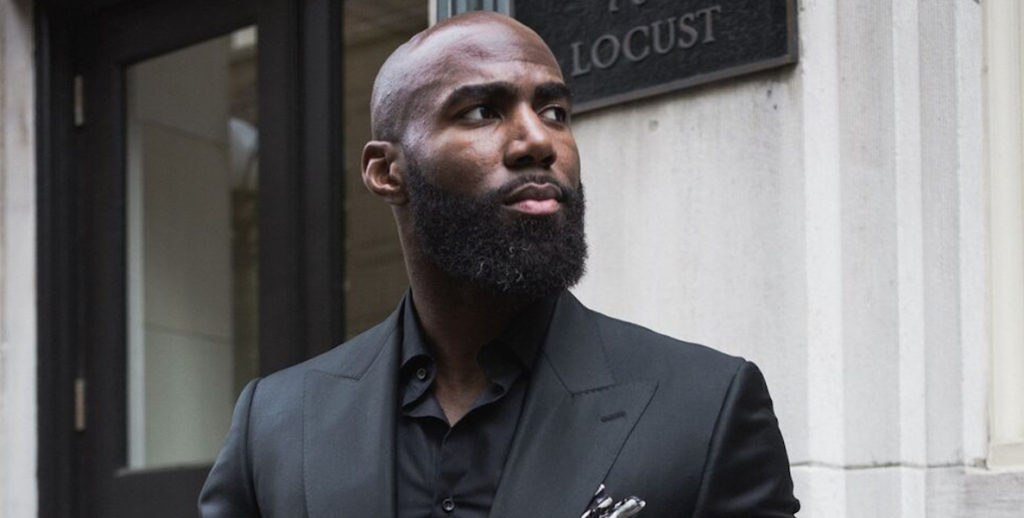Earlier this year, my teammate Steven Means and I visited Graterford Prison, accompanied by Bill Cobb of the ACLU.
The experience had a powerful effect on all of us. We walked through the doors of B Block, and heard them slam shut behind us. The feeling was chilling, to say the least. The warden and a corrections officer then escorted us to a meeting room, where we sat down with six inmates, four of whom were former juveniles serving life without parole. Currently, Pennsylvania leads the nation—and if it were its own country would lead the world—in the number of juveniles serving life without parole.
The warden and C.O. left us alone with the inmates. I’d never been inside a correctional facility before, and it’s funny how what you expect is primarily shaped by what you’ve seen on TV. I expected to feel like I was in a dangerous, hostile situation, but I wasn’t. As we talked to the inmates, heard their struggles, heard about the mistakes they’d made when they were teenagers, I couldn’t help but self-reflect. I had to challenge what I’d been conditioned to think about people in jail.
Sitting with those inmates and meeting many others, you realize just how much potential we’ve just locked away. And then, when you read the research, it’s clear that our punitive system of justice raises the recidivism rate and damages people, making it harder for them to live in society when they get out.
A couple of these guys made really bad decisions when they were 14. But now they were 35. I thought, I’m 29 and I’ve changed five times over since I was 14. I know that time must be served for crimes, but at what point do we recognize the maturation of a person?
It’s important to make that personal connection, to see the humanity in others. Sitting with those inmates and meeting many others, you realize just how much potential we’ve just locked away. And then, when you read the research, it’s clear that our punitive system of justice raises the recidivism rate and damages people, making it harder for them to live in society when they get out.
But the most powerful moment of many during my visit to Graterford came when we first arrived, when I could tell that walking up to the front doors was an emotional moment for the ACLU’s Bill Cobb.
Bill is now the Deputy Director of the ACLU’s Campaign for Smart Justice, but in 1994 he pled guilty to criminal charges of robbery, kidnapping, criminal conspiracy, and violation of the Uniform Firearms Act. He was released in January of 2000 after serving six and a half years. And guess where he did his time? This marked the first time he was back at Graterford since regaining his freedom.
Bill Cobb is proof that we shouldn’t just discard lives, that everyone deserves a chance to reach their potential and contribute to society.
As we walked into the lobby, I watched Bill greet a man who was dressed in a prison jumpsuit. He was an inmate doing custodial work. Bill, holding back emotions, expressed the guilt he felt now that he had his freedom, as he digested this encounter with a man he had been locked up with. That’s when I realized that, standing right in front of me was an example of all that I’ve been talking about.
Bill Cobb is proof that we shouldn’t just discard lives, that everyone deserves a chance to reach their potential and contribute to society. While he was incarcerated, Bill wrote a note to himself, pledging to refrain from behavior that would harm others. He wanted to be part of the solution. He decided that he would rather be homeless than to return to a place like Graterford. Today, Bill likes to say that the “people closest to the problem are the closest to the solution,” and, trust me, he knows what he’s talking about.
Bill’s story proves that, if you give someone a second chance, he or she can go on and do great things. Those guys I met with? They were no longer a threat to anyone. I came away thinking what a waste of talent there is behind these walls. I met potential leaders, innovators and entrepreneurs at Graterford. But if we don’t change our system, their skills and talents, along with millions of others, will be wasted.

